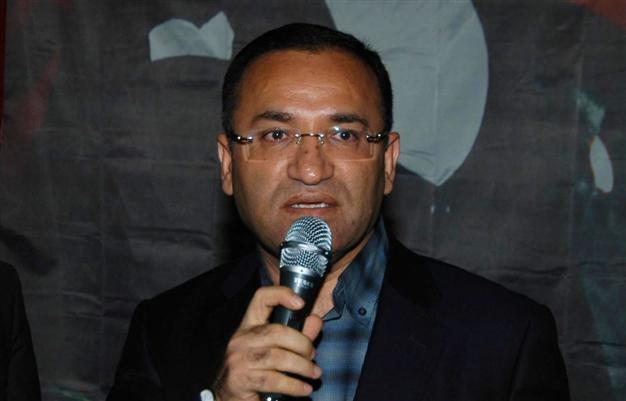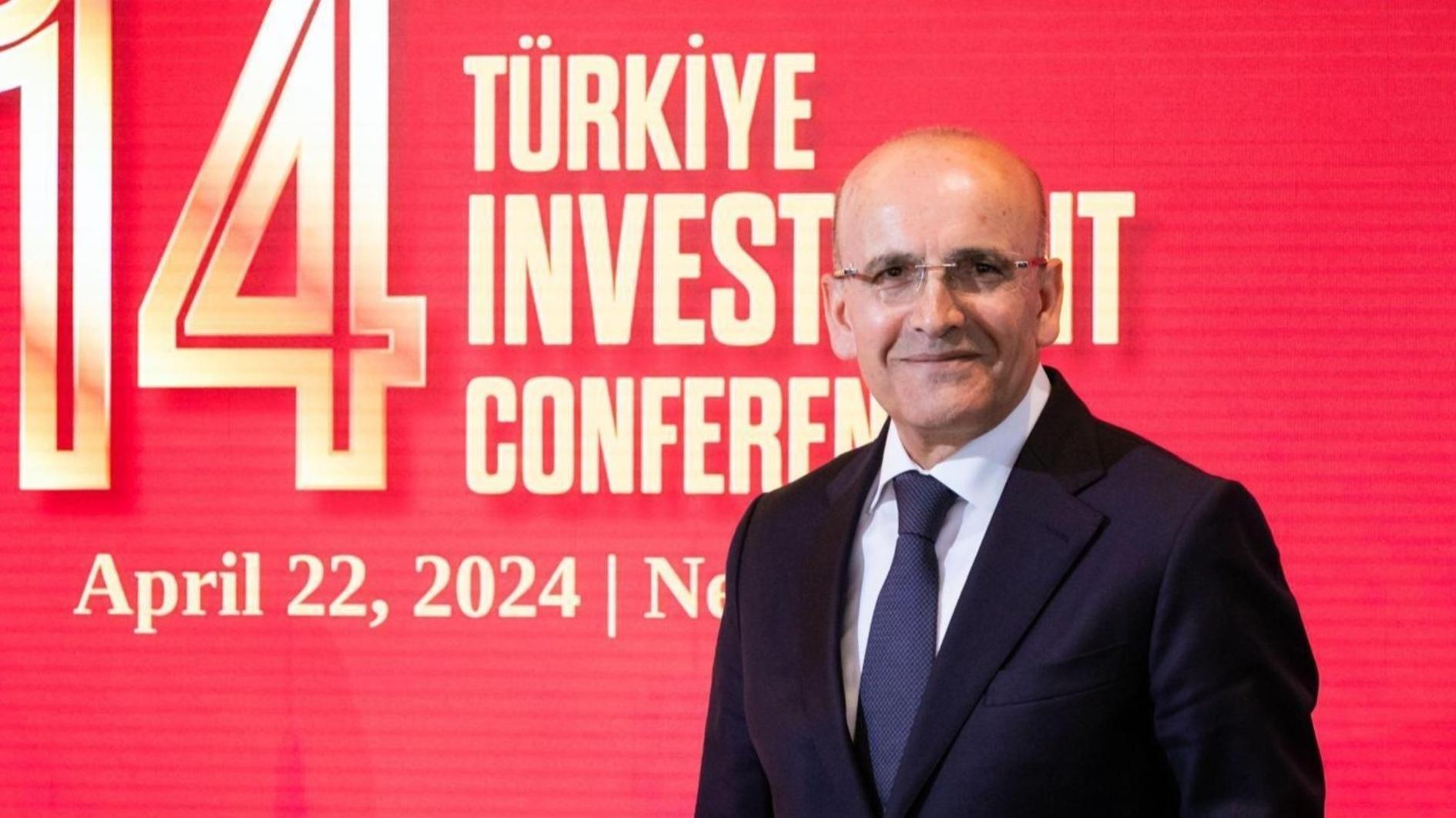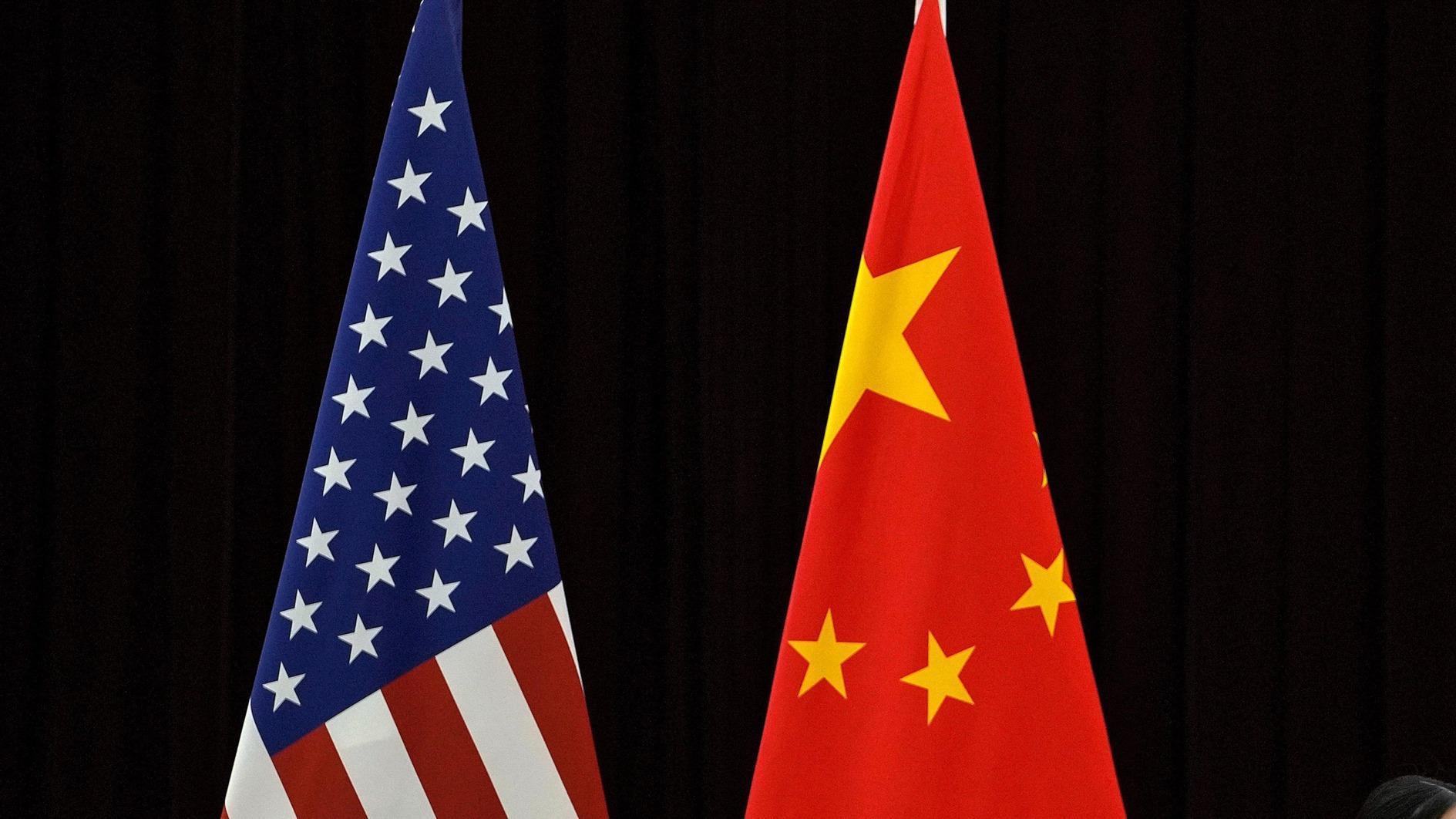The ‘three-term ban’ scenario in AKP
ANKARA - Hürriyet Daily News

Deputy Prime Minister Bekir Bozdağ is one of the 73 Justice and DevelopmentParty members who will not be able to run for deputyship in the next elections.
Deputies from the ruling Justice and Development Party (AKP) who had been elected for three consecutive terms had long been waiting in the throes of painful anticipation. They were involved in lobbying efforts with the expectation that they may not be able to run for office for another term and working on ways to find a way out. They argued the AKP’s front-line ranks would run dry in the next general elections, and that figures who had taken up crucial tasks before would now have to sit back in their corner, and they thus pushed to amend the internal regulations.The AKP’s founding cadres will truly be left out of Parliament unless the relevant article in the internal regulations that bars deputies from running for office after serving for three consecutive terms is amended. The party’s front lines will almost vanish. Many prominent figures will retire to pasture. Among the first of them that come to mind are Cemil Çiçek, Bülent Arınç, Beşir Atalay, Sadullah Ergin, Hüseyin Çelik, Ali Babacan and Bekir Bozdağ. A total of 73 AKP members will not be able to run for deputyship in the next elections.
Developments over the past week, however, have withered the hopes of the deputies in question. Prime Minister Recep Tayyip Erdoğan articulated statements upon his return from China that showed their fate was entirely sealed. “Whoever takes up this office never wants to leave it again. We talked about this at length when we were establishing the party. Are we going to follow suit with the old guard? Are we not going to rejuvenate the party’s ranks? Besides, we are not leaving all together. You are just taking a rest for one term. We are preserving your shape. Turkey needs to learn to forge ahead not with mortals but with principles now. Tayyip Erdoğan is a mortal; what will happen when he dies? Whatever the nation is set to do when he dies, let them do it now. The movement can never acquire the vitality we desire if we try to build the whole affair over mortals. We are going to fulfill whichever mission our party sees fit for us when our term runs out…”
Erdoğan’s pronounced message that this rule would be honored for as long as he remains at the helm has led the three-term deputies to other prospects. Veteran figures thought they could persuade Erdoğan, possibly at the last moment, and amend the internal regulations. Once their final hopes with respect to Erdoğan were dashed, their gaze turned to another figure. The prospects for the three-term deputies to have their fourth run would only be rendered possible if another figure came into office. The details of a scenario thus went like this:
“The Republican People’s Party (CHP) brought the election law before the Constitutional Court. If the court annuls the law along with the term of office stipulated in it, then Abdullah Gül will serve as president not for seven but for five years. The elections are due for August in that year. If Erdoğan chooses not to wait for five years and accedes to the office of the president, then the AKP will hold a congress and a new leader will come about. The internal regulations could also be amended then and the ban could be scrapped. The party’s front lines would thus remain intact as well.”
It was no one other than Gül that the deputies had their sights fixed on. The expectation runs high that the “three-term ban” could be abolished if Erdoğan accedes to the presidency either this summer or in 2014, and Gül succeeds him as the head of the AKP. Certain deputies who remained in office for three consecutive terms believe it to be nearly certain that the “three term ban” would continue to remain in effect if a figure indicated by Erdoğan takes up office as the head of the party…
This much is crystal clear: The “three term ban” is set to be a highly influential factor in the “political positions” adopted by some, and this ban will not be scrapped for as long as Erdoğan remains at the AKP’s helm.
COUPS TO BE PROBED BY COUP VICTIMS!
Parliament established a commission to investigate Turkey’s past coups. A total of 17 members will serve on the commission, with 10 hailing from the Justice and Development Party (AKP), four from the Republican People’s Party (CHP), two from the Nationalist Movement Party (MHP) and one from the Peace and Democracy Party (BDP). Among those who desire membership on the commission are individuals who suffered in the Sept. 12, 1980 coup on the grounds they were “leftists” or “grey wolves,” the MHP’s youth branch. Mehmet Domaç, the AKP’s Istanbul deputy, served four months behind bars because he had objected to the 1982 constitution. Selçuk Özdağ, the AKP’s Manisa deputy, stayed in prison for six and a half years after he was convicted in the MHP suit.
CATHOLICS GO TO PARLIAMENT!
Parliament’s Constitutional Conciliation Commission will finally hear from Ruggero Franceschini, the head of Turkey’s Catholic Episcopalian Council, and his delegation. The commission had heard from representatives of the Orthodox, Jewish and Armenian communities but had forgotten to call in the Catholics. Kenan Gürsoy, Turkey’s Ambassador to the Vatican expressed the Catholic Church’s “disappointment” and advised an invitation to the Catholics be sent by the commission to “avoid a misunderstanding at the church.” That advice has finally born fruit. Following their meeting with Franceshini, the commission will have heard all religious communities present in Turkey without exception.











